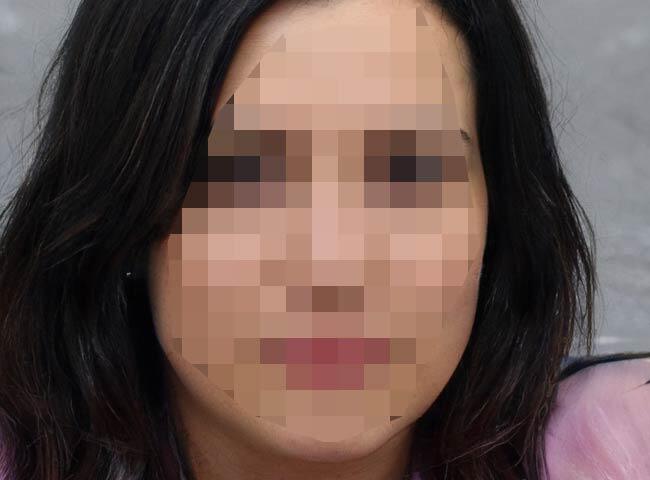Meet Sophia

Sophia's story
Electrolysis Support Fund recipient
Sophia (she/them) is a disabled Latine trans woman from Washington. Born in Brazil, Sophia moved to the US with her parents at 18 but faced difficulties studying and finding a job due to visa restrictions. After many years of saving, Sophia and her parents managed to pay for college for a few years, but financial problems prevented her from finishing. Currently, Sophia cannot return to school or work and spends any saved money on housing, food, and paying off old debts.
Having started HRT almost a year ago, Sophia hasn't had the opportunity to save money for electrolysis or laser hair removal yet. "Now, I will be able to leave home with more confidence knowing that my chances of encountering discrimination on the basis of my facial hair will be lower," Sophia shares.
Sophia's timeline
-
Award Granted
April 5, 2024
Sophia was awarded a grant toward permanent hair removal!
-
Care Received
May 9, 2024
A payment has been made toward Sophia's permanent hair removal!
-
Update
June 26, 2024
Sophia shared, "I'm really looking forward to not having any facial hair at all. Having facial hair gives me a lot of dysphoria, so I'm very grateful that I had the opportunity to receive the LHR fund. I already feel more confident going out now knowing that I can conceal most of the shadow that's left."
-
Care Received
January 16, 2025
A payment has been made toward Sophia's permanent hair removal! -
Renewal Award Granted
March 19, 2025
Sophia was offered a Renewal Award! -
Care Received
March 24, 2025
A payment has been made toward Sophia's permanent hair removal!
About Hair Removal: Femme Award
On average, it costs $2,300+ for Sophia's care.
- What is it?
- Before care
- After care
What is it?
Point of Pride provides grants to trans femme people seeking hair removal on their face, neck, or an area of the body in preparation for bottom surgery.
What is life like for a person who needs this care?
For trans femme folks, particularly trans femmes of color, access to facial hair removal often equates to safety against anti-trans violence or discrimination. It's common for applicants to note issues with employment and public safety, particularly if their facial hair is dark or thick. Electrolysis and laser hair removal services are often deemed cosmetic and therefore not covered by health insurance plans.
What is the impact of this care on the recipient’s life?
Access to hair removal often leads to a more positive emotional well-being, increased confidence, increased safety when in public, and better opportunities at employment and more.
Your support funds healthcare that's
life-changing. Life-saving. Life-giving.